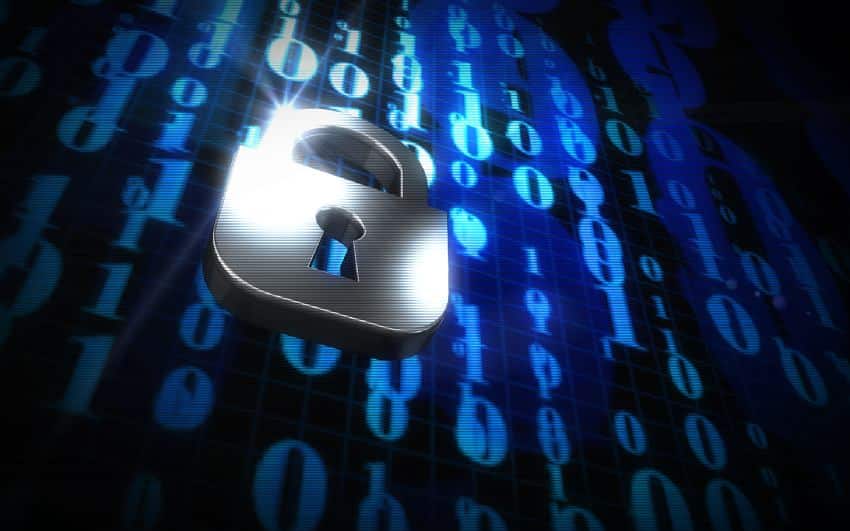words Al Woods
With the proliferation of data breaches, cyber-attacks, and online fraud, it’s evident that personal and corporate data is more vulnerable than many realize. The implications are far-reaching, from personal identity theft to exposing a business’s most sensitive secrets. The digital age has made data protection a necessity and an art form that evolves constantly in response to the latest threats.
Understanding the importance of safeguarding data is the first step in taking control of your digital security. This post will detail several key measures individuals and organizations can take to protect their valuable data from unauthorized access, theft, and corruption.
Invest in Cyber Security Services
Investing in professional cybersecurity services is one of the most effective ways to protect data. These cyber security services to protect your data, encompass a broad range of practices designed to protect networks, devices, programs, and data from attack, damage, or unauthorized access. With the aid of expert professionals, businesses can implement advanced security measures such as firewalls, intrusion detection systems, and encryption to shield their digital assets.
Furthermore, these services often include continuous monitoring and regular security audits, ensuring that defenses remain robust over time. They also offer training and awareness programs, equipping employees with the knowledge to recognize and prevent cyber threats. By partnering with a reputable cyber security provider, organizations can significantly enhance their resilience against cyber-attacks, safeguarding their reputation and the trust of their customers.
Be Cautious When Sharing Personal Information Online
In today’s digital age, oversharing on the internet is a common pitfall that can lead to significant security risks. Whether posting real-time location updates, personal family photos, or sensitive work information on social media platforms, such actions can inadvertently expose individuals to cybercriminals lurking online. It’s crucial to exercise restraint and practice discretion before sharing personal information.
This involves:
- Regularly checking privacy settings on social media.
- Be careful about shared details in public forums.
- Recognizing the permanence of online information.
A cautious approach to online sharing can lower the risks of identity theft and cybercrime. It can also raise awareness among loved ones about safeguarding personal data online.
Use Different Passwords for Different Accounts
Using a unique password for each online account is a fundamental yet often overlooked strategy in enhancing your cybersecurity posture. A breach of one account should not compromise the security of your other accounts. However, remembering multiple complex passwords can be challenging, which is where password managers come into play.
These tools securely store and generate strong, hard-to-crack passwords. Ensure complexity by mixing letters, numbers, and symbols, changing them regularly to prevent attacks. By following this practice, individuals and organizations can boost security and guard against cybercriminal access.
Monitor Your Accounts and Credit Reports Regularly
Regularly checking your financial accounts and credit reports is vital for good cyber hygiene. By monitoring account activities closely, you can promptly detect and address any unauthorized transactions or discrepancies that may signal a security breach. Using free credit bureau services for alerts on credit report changes can serve as an early warning system for identity theft.
Many financial institutions and credit card providers offer free monitoring services to strengthen defenses. Review your financial statements monthly and report suspicious activity promptly. This proactive approach minimizes damage and ensures timely issue resolution for your financial health and security.
Consider Using Encryption for Sensitive Information
Encryption is a powerful tool often used by tech-savvy individuals and organizations to protect sensitive information. Encryption involves converting plain text into code, making it unreadable without the corresponding decryption key or password. It’s an effective way to safeguard confidential data, such as financial records or trade secrets, from cyber-attacks.
Many operating systems come with built-in encryption tools that users can utilize to secure their files and folders. Additionally, several commercial encryption software options in the market offer advanced features for enhanced security. By encrypting sensitive information, users can significantly reduce the risk of data theft or exposure in case of a breach or physical theft of devices.
Limit Access to Sensitive Data
In many cases, the biggest cybersecurity threats come from within organizations. This is why limiting access to sensitive data is crucial only to those who need it for their job responsibilities. For instance, employees handling sensitive financial information should not have unrestricted access to other business data they do not require.
A strict password policy and multi-factor authentication can enhance security by limiting access to sensitive data only to authorized individuals. By controlling access, businesses can minimize the risk of internal breaches and limit the potential damage in case such an event occurs.
As technology advances, so do cyber criminals’ methods and tactics. It’s crucial to stay vigilant and constantly adapt your data protection measures to ensure the safety of your personal and business information. Following these tips, you can proactively protect your data and safeguard your online presence. Remember, it’s always better to be safe than sorry about cyber security.











